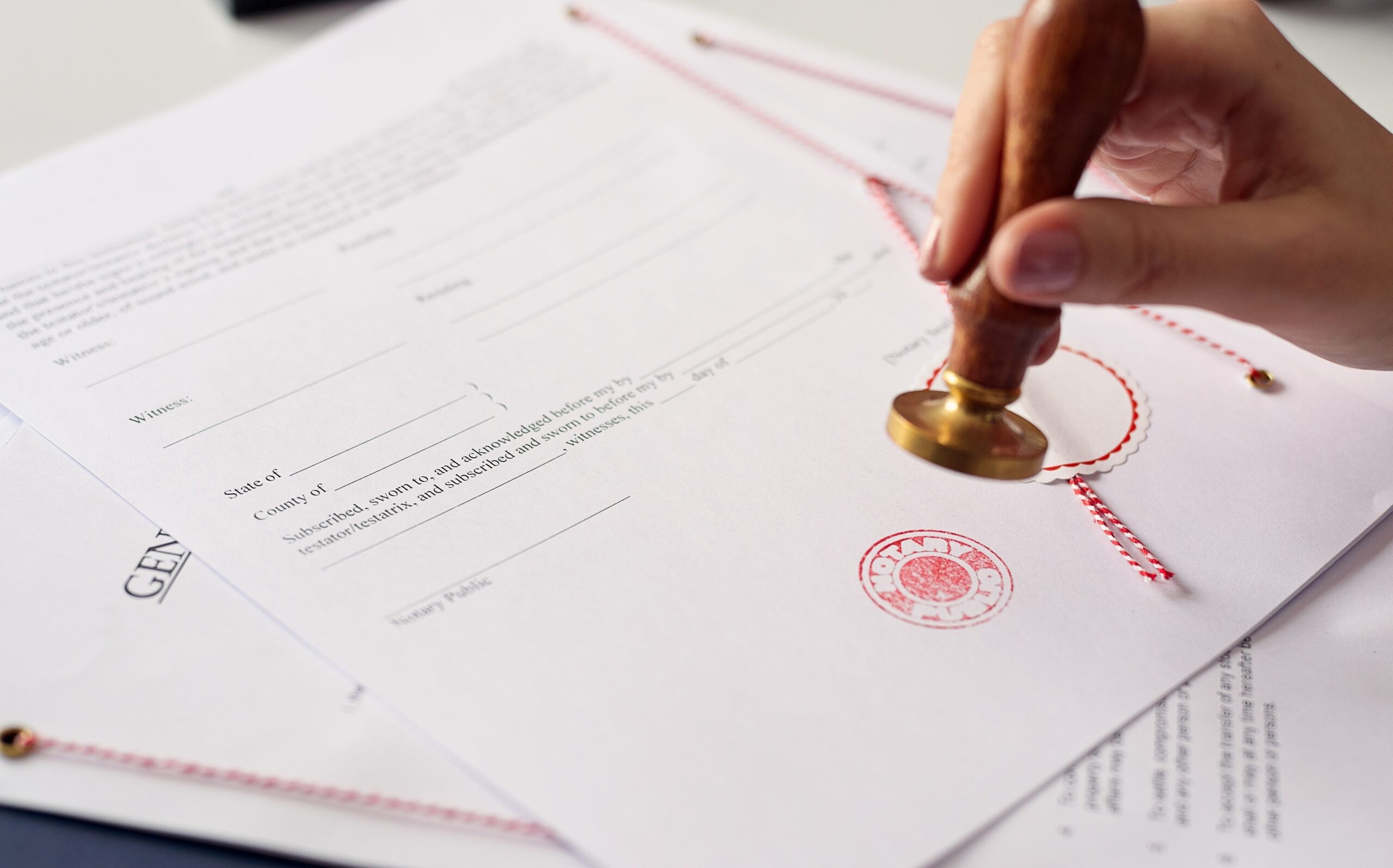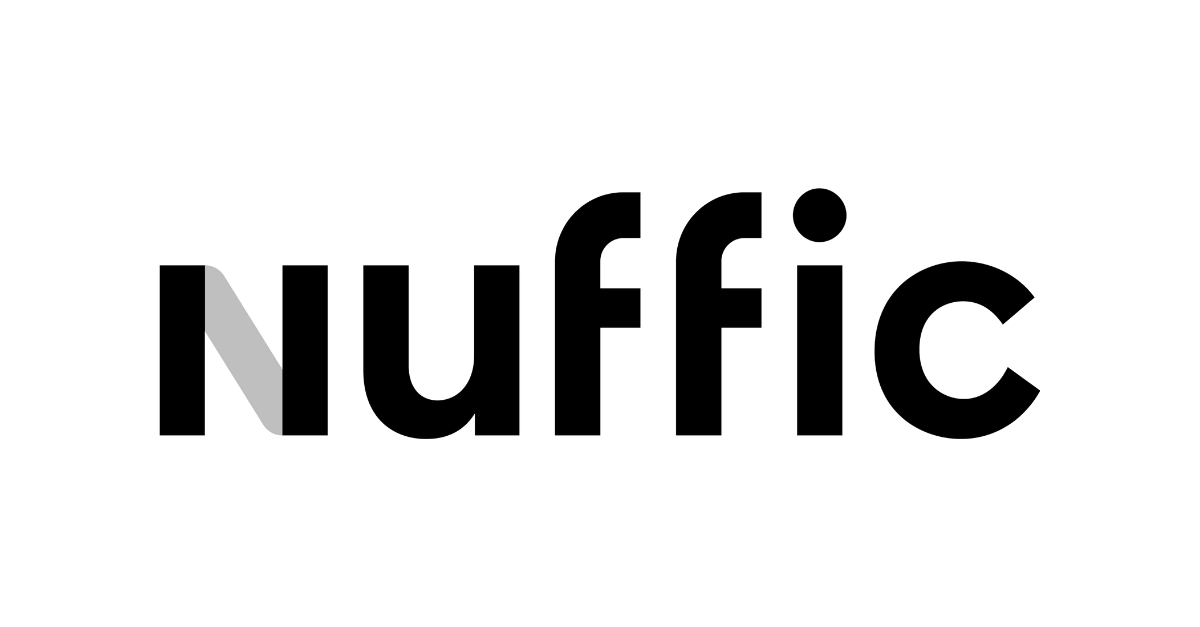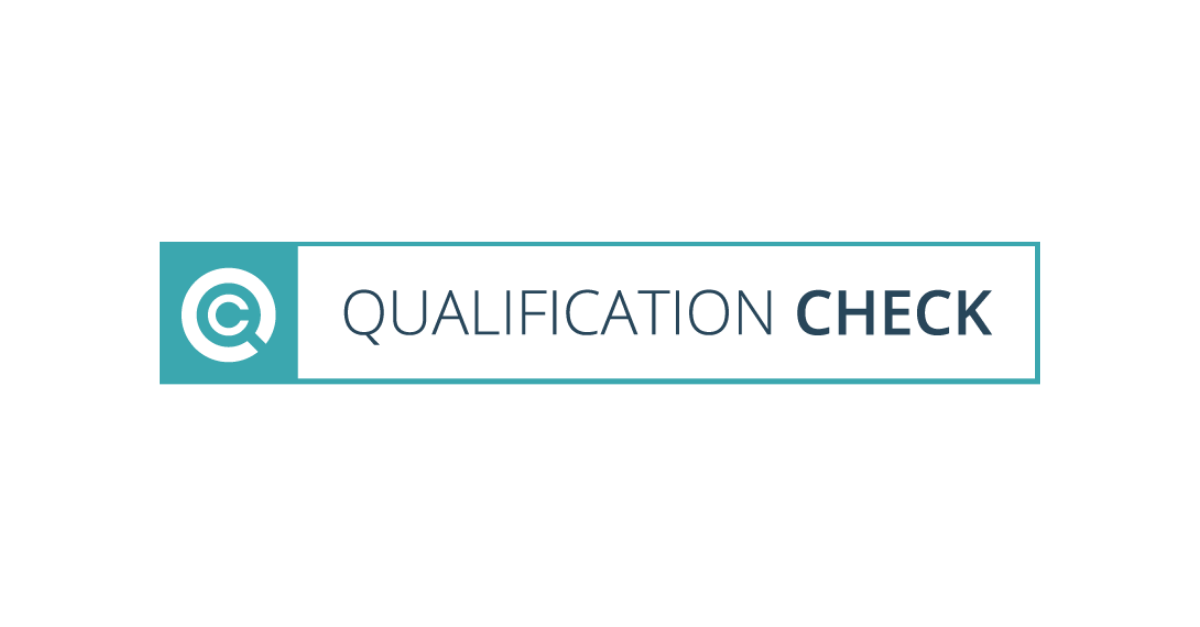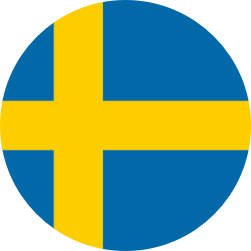Diploma fraud, what exactly does it entail?
Diploma fraud is becoming increasingly common. For example, falsehoods concerning diplomas or titles obtained are often included in CVs. Even a forged or stolen diploma can be sent to a (potential) employer. However, how do you as an organisation know whether you have an official document in front of you and not a forgery? A fake diploma can hardly be distinguished from the real thing these days.

Diploma mills, what are these organisations?
The international term “diploma mill” denotes an organisation that claims to be an educational institution but provides illegitimate academic degrees and diplomas. In other words, this involves providing fabricated or falsified diplomas to individuals who have not completed an education. Not only is the replication or falsification of diplomas punishable or forgery but so is the sale of false or stolen diplomas – or fencing.
Diploma fraud remains a criminal offence
Diploma fraud is a serious matter which, just like other forms of fraud, is punishable in Art 326 of the Dutch Penal Code. If diploma fraud is part of a criminal investigation, the fraudster is faced with a maximum prison sentence of four years, a hefty fine of up to 74,000 euros, a training or community service, or a combination of these measures.
Both buying and using a fake or stolen diploma are punishable by law. In addition, it carries several risks for the employer:
- Financial damage
For an employer, that is not the end of the matter. According to various studies, the estimated cost of a miss-hire is about 30% of a person’s annual salary. - Reputational damage
Moreover, such a situation can damage the reputation of an organisation. Although this concerns immaterial damage, it can also lead to additional damage for example, by missing out on new projects or ending existing collaborations.
Prevention is always better than a cure
To prevent diploma fraud, checking the document for authentic features is a smart move. However, this is highly specialised work. Additionally, ‘diploma mills’ are very good at forging the diplomas they issue. This means that without experienced examination, they are often judged to be genuine.
When it comes to Dutch diplomas, you as an organisation have a great chance of successful authentication by applying for verification directly at the source:
- Regular education
If the (potential) employee has followed a regular education in the Netherlands, all information about the obtained diploma is available at Dienst Uitvoering Onderwijs (DUO), the Dutch government’s executive organisation for education.
- Private education
If the (potential) employee has taken a private training course, the educational institution where the course was completed and the diploma was issued may be contacted.
Education check from Validata
More organisations are including an education check in their employment screening. The verification of diplomas is also an important element in Validata’s screening profiles, partly because organisations rely on our:
- Efficient screening process: By outsourcing employment screening to Validata, you are assured of a fast process with an optimal candidate experience.
- Short turnaround time: Our automated education check ensures that the turnaround time is significantly reduced, so you have the screening report quickly. The screening is generally completed within five working days (excluding the application for the Certificate of Conduct or VOG).
International diploma verification
To verify international diplomas, Validata works closely with data partners Nuffic and Qualification Check.
Cooperation with Nuffic
Every year Nuffic cross-checks and values thousands of diplomas on behalf of higher education institutions, government agencies, and private individuals, amongst others. The Dutch organisation is based in The Hague and is committed to the internationalisation of education.
At Nuffic, international diplomas are always handled by expert and native speakers. The authenticity and validity of the documents are examined and noted by specialists. This means, there is no source verification. However, Nuffic does indicate in the screening report what the Dutch equivalent is of the international diploma obtained. The comparison is made in terms of educational level, for example, a bachelor’s or university diploma.
For Nuffic’s international diploma verification, the (potential) employee will have to upload a scan or photo of the diploma. Therefore, more responsibility lies with the candidate.


Cooperation with Qualification Check
Validata partners with Qualification Check to access international registries that verify foreign diplomas. They have all the necessary information to directly verify a person’s education at various accredited educational institutions around the world.
A major advantage of Qualification Check’s method is that they verify educational data directly at the source. It should be mentioned that Validata is dependent on feedback from the institute. This could lead to a longer turnaround time for screenings. Finally, the cost of the degree check through Qualification Check is unpredictable. On top of the costs for their services, some institutes charge individual fees for verification.
Why do employment screening with Validata?
An organisation’s success depends on having the right employees. Therefore, know who you are hiring. Screening (future) employees can offer certainty. Validata has been screening since 2009 and is the market leader in employment screening in the Netherlands. We work with trusted partners and use smart integrations to quickly check the right data and gain insight. Aside from the education check, there are numerous other screening checks to choose from. Want to know more about our screening services?
Contact us
"*" indicates required fields
Contact us
"*" indicates required fields
Contact us
"*" indicates required fields
Contact us
Contact us
Download the white paper
Download the white paper
Download the white paper
Download the white paper
"*" indicates required fields
"*" indicates required fields
"*" indicates required fields




